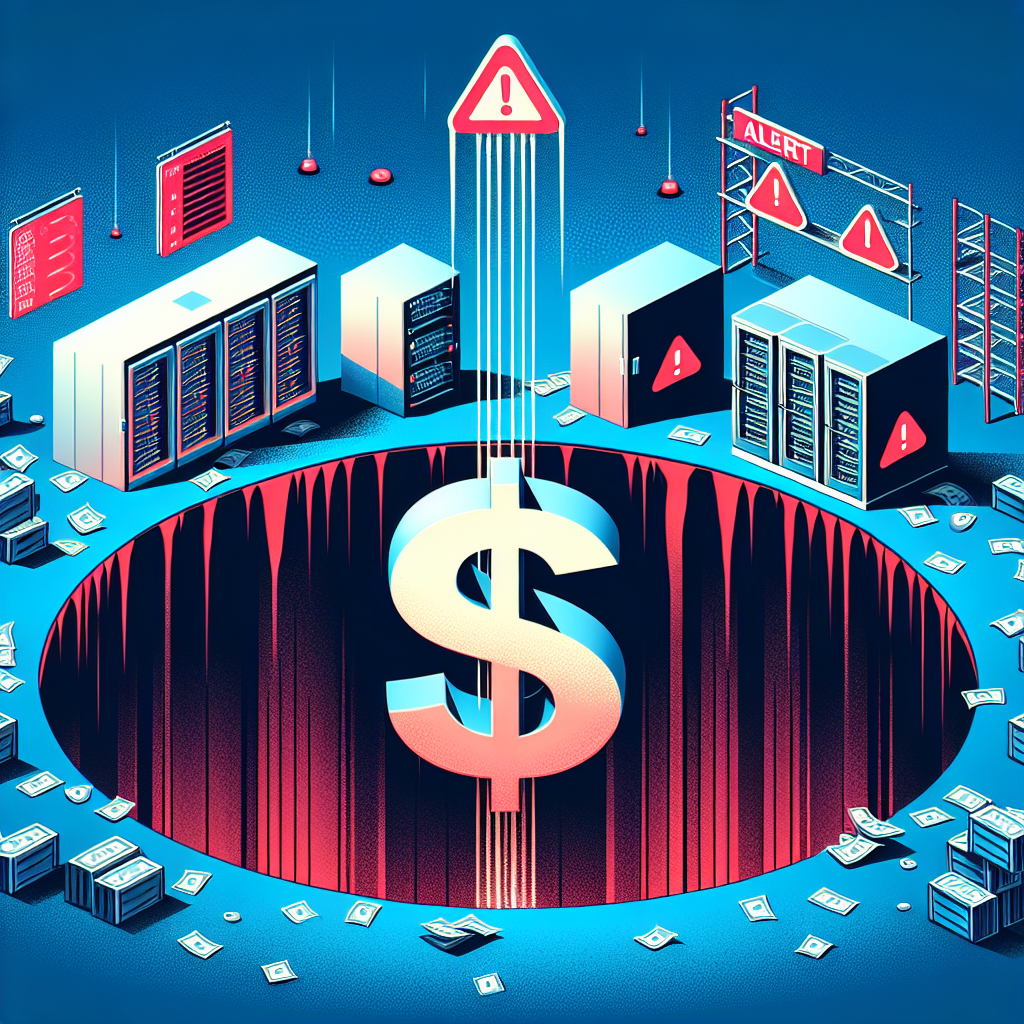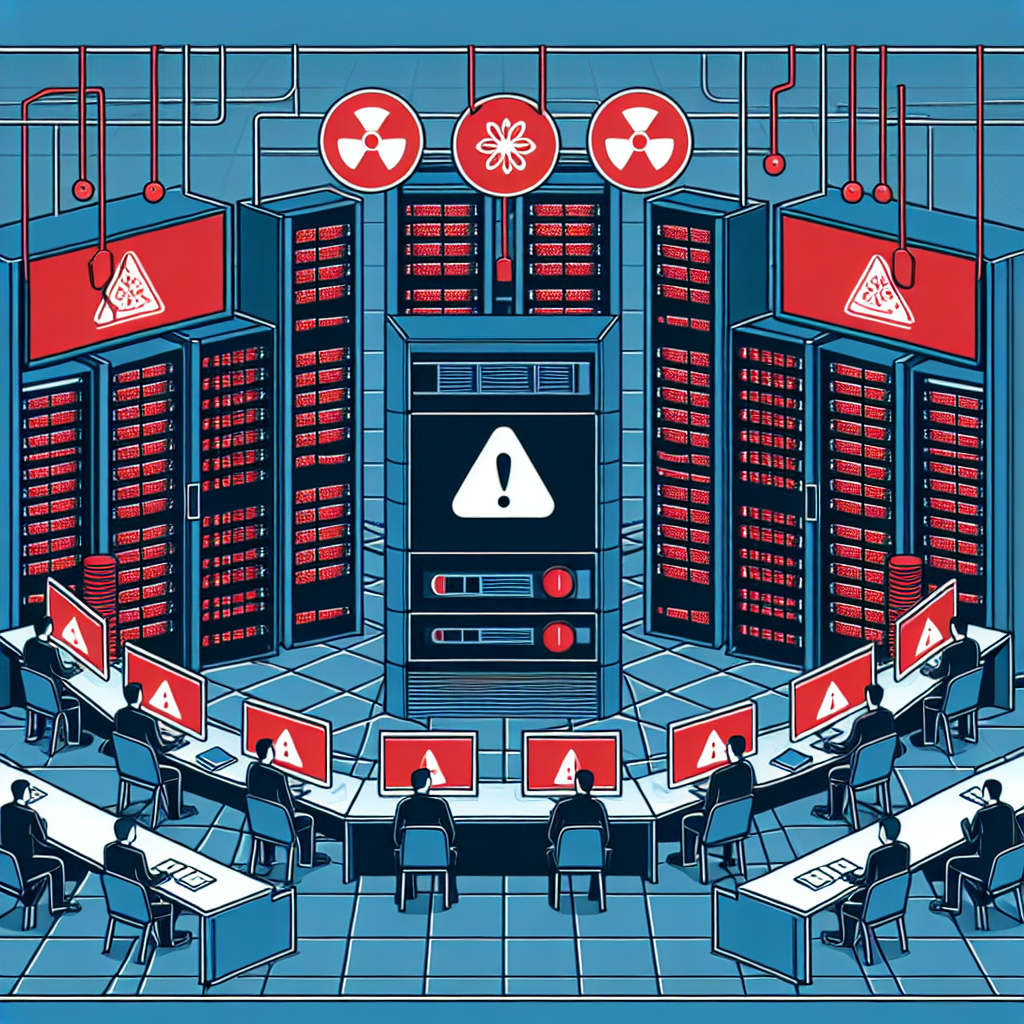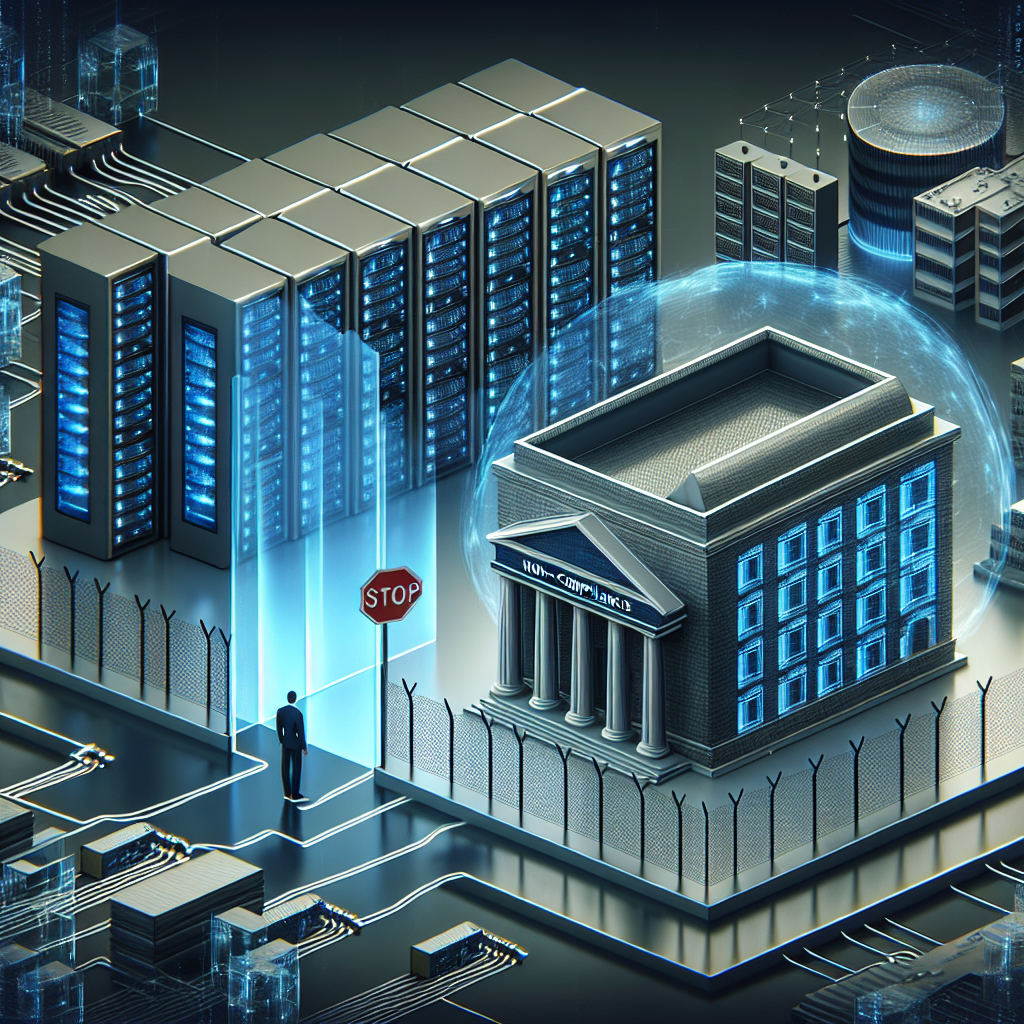Data centers play a crucial role in the digital age, serving as the backbone of the internet and housing the servers and infrastructure that power our online activities. As such, they are subject to a myriad of regulations and compliance requirements to ensure the security and integrity of the data they handle. Non-compliance with these regulations can have serious financial implications for data centers, ranging from hefty fines to reputational damage and loss of business.
One of the most significant financial implications of non-compliance in data centers is the potential for regulatory fines. Data centers are subject to a variety of regulations, such as the General Data Protection Regulation (GDPR) in Europe or the Health Insurance Portability and Accountability Act (HIPAA) in the United States, which govern how personal data is handled and protected. Failure to comply with these regulations can result in fines that can run into the millions of dollars, depending on the severity of the violation and the number of individuals affected.
In addition to regulatory fines, non-compliance can also result in legal fees and costs associated with investigations and remediation efforts. Data breaches and other security incidents can lead to lawsuits from affected individuals or regulatory bodies, which can result in significant legal costs and settlements. Data centers may also incur costs related to implementing new security measures or upgrading their infrastructure to meet compliance requirements, adding to the financial burden of non-compliance.
Furthermore, non-compliance can also have a significant impact on a data center’s reputation and business relationships. Data breaches and other security incidents can erode customer trust and confidence in the data center’s ability to protect their data, leading to loss of business and potential damage to the data center’s brand. In today’s interconnected world, where news travels fast and reputations can be tarnished in an instant, the financial implications of reputational damage can be far-reaching and long-lasting.
In conclusion, the financial implications of non-compliance in data centers are significant and can have far-reaching consequences for a data center’s bottom line. From regulatory fines and legal costs to reputational damage and loss of business, the costs of non-compliance can add up quickly and have a lasting impact on a data center’s financial health. Data centers must prioritize compliance and invest in robust security measures to protect their data and avoid the financial pitfalls of non-compliance.



